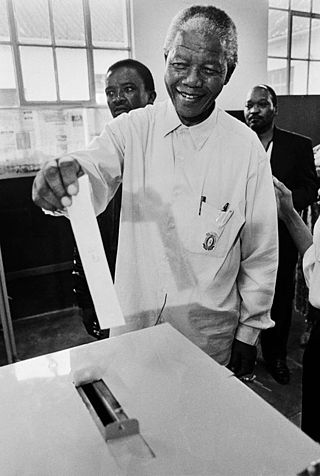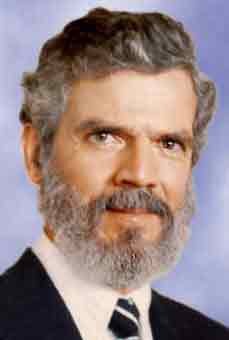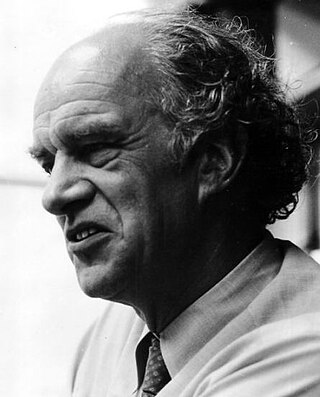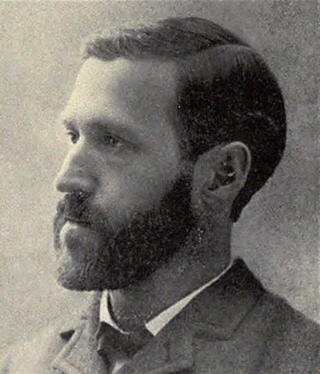Related Research Articles
Classical liberalism is a political tradition and a branch of liberalism that advocates free market and laissez-faire economics and civil liberties under the rule of law, with special emphasis on individual autonomy, limited government, economic freedom, political freedom and freedom of speech. Classical liberalism, contrary to liberal branches like social liberalism, looks more negatively on social policies, taxation and the state involvement in the lives of individuals, and it advocates deregulation.

Democracy is a system of government in which state power is vested in the people or the general population of a state. Under a minimalist definition of democracy, rulers are elected through competitive elections while more expansive definitions link democracy to guarantees of civil liberties and human rights in addition to competitive elections.

Leninism is a political ideology developed by Russian Marxist revolutionary Vladimir Lenin that proposes the establishment of the dictatorship of the proletariat led by a revolutionary vanguard party as the political prelude to the establishment of communism. Lenin's ideological contributions to the Marxist ideology relate to his theories on the party, imperialism, the state, and revolution. The function of the Leninist vanguard party is to provide the working classes with the political consciousness and revolutionary leadership necessary to depose capitalism.

Walter Lippmann was an American writer, reporter, and political commentator. With a career spanning 60 years, he is famous for being among the first to introduce the concept of the Cold War, coining the term "stereotype" in the modern psychological meaning, as well as critiquing media and democracy in his newspaper column and several books, most notably his 1922 Public Opinion.

Rudolph Joseph Rummel was an American political scientist, a statistician and professor at Indiana University, Yale University, and University of Hawaiʻi at Mānoa. He spent his career studying data on collective violence and war with a view toward helping their resolution or elimination. Contrasting genocide, Rummel coined the term democide for murder by government, such as the genocide of indigenous peoples and colonialism, Nazi Germany, the Stalinist purges, Mao Zedong's Cultural Revolution, and other authoritarian, totalitarian, or undemocratic regimes, coming to the conclusion that democratic regimes result in the least democides.

Oskar Ryszard Lange was a Polish economist and diplomat. He is best known for advocating the use of market pricing tools in socialist systems and providing a model of market socialism. He responded to the economic calculation problem proposed by Ludwig von Mises and Friedrich Hayek by claiming that managers in a centrally-planned economy would be able to monitor supply and demand through increases and declines in inventories of goods, and advocated the nationalization of major industries. During his stay in the United States, Lange was an academic teacher and researcher in mathematical economics. Later in socialist Poland, he was a member of the Central Committee of the Polish United Workers' Party.

Mancur Lloyd Olson Jr. was an American economist and political scientist who taught at the University of Maryland, College Park. His most influential contributions were to new institutional economics, and focused on the role played by private property, taxation, public goods, collective action, and contract rights in economic development.

Max Kampelman was an American diplomat.

Benjamin R. Barber was an American political theorist and author, perhaps best known for his 1995 bestseller, Jihad vs. McWorld, and for 2013's If Mayors Ruled the World. His 1984 book of political theory, Strong Democracy, was revised and reissued in 2004. He was an adviser to political leaders including Bill Clinton, Howard Dean, and Muammar Gaddafi. He was a board member of the Gaddafi International Charity and Development Foundation.
Marxism is a political philosophy and method of socioeconomic analysis. It uses a dialectical materialist interpretation of historical development, better known as historical materialism, to analyse class relations social conflict, and social transformation. Marxism originates with the works of 19th-century German philosophers Karl Marx and Friedrich Engels. Marxism has developed over time into various branches and schools of thought, and as a result, there is no single, definitive Marxist theory. Marxism has had a profound effect in shaping the modern world, with various left-wing and far-left political movements taking inspiration from it in varying local contexts.
William Eugene Connolly is an American political theorist known for his work on democracy, pluralism, capitalism and climate change. He is the Krieger-Eisenhower Professor of Political Science at Johns Hopkins University. His 1974 work The Terms of Political Discourse won the 1999 Benjamin Lippincott Award.

Carl Lotus Becker was an American historian who studied the American Revolution and the Age of Enlightenment in America and Europe.

Power: A New Social Analysis by Bertrand Russell is a work in social philosophy written by Bertrand Russell. Power, for Russell, is one's ability to achieve goals. In particular, Russell has in mind social power, that is, power over people.

Liberal democracy, western-style democracy, or substantive democracy is a form of government that combines the organization of a representative democracy with ideas of liberal political philosophy.

Dankwart Alexander Rustow was a professor of political science and sociology specializing in comparative politics. He is prominent for his research on democratization. In his seminal 1970 article 'Transitions to Democracy: Toward a Dynamic Model,' Rustow broke from the prevailing schools of thought on how countries became democratic. Disagreeing with the heavy focus on necessary social and economic pre-conditions for democracy, he argued that national unity was the necessary precondition for democracy.

Fred Manville Taylor was a U.S. economist and educator best known for his contribution to the theory of market socialism. He taught mostly history at Albion College from 1879 to 1892. He taught in the department of economics at University of Michigan from 1892 to 1929 after receiving his Ph.D. in political philosophy there in 1888. His Principles of Economics (1911) went through 9 editions. Of a libertarian ideology, he was noted as a clear and rigorous expositor of economic theory in the partial-equilibrium lineage of Alfred Marshall.
Liberalism is a political and moral philosophy based on the rights of the individual, liberty, consent of the governed, political equality, right to private property and equality before the law. Liberals espouse various and often mutually warring views depending on their understanding of these principles but generally support private property, market economies, individual rights, liberal democracy, secularism, rule of law, economic and political freedom, freedom of speech, freedom of the press, freedom of assembly, and freedom of religion, constitutional government and privacy rights. Liberalism is frequently cited as the dominant ideology of modern history.
Criticism of democracy, or debate on democracy and the different aspects of how to implement democracy best have been widely discussed. There are both internal critics and external ones who reject the values promoted by constitutional democracy.

Benjamin Oliver Davis Jr. was a United States Air Force (USAF) general and commander of the World War II Tuskegee Airmen.

Harry Wellington Laidler was an American socialist writer, magazine editor, and politician. He is best remembered as executive director of the League for Industrial Democracy, successor to the Intercollegiate Socialist Society, and for his close political association with perennial Socialist Party Presidential nominee Norman Thomas. He also served a two-year term on the New York City Council.
References
- ↑ Shively, W. Phillips (March 1989). "In Memoriam, Benjamin Evans Lippincott". PS: Political Science & Politics. 22 (1): 99–100. doi: 10.1017/S1049096500030225 . S2CID 155572301.
- ↑ Guide to the Benjamin Evans Lippincott papers, 1929-1946. University of Minnesota Libraries.